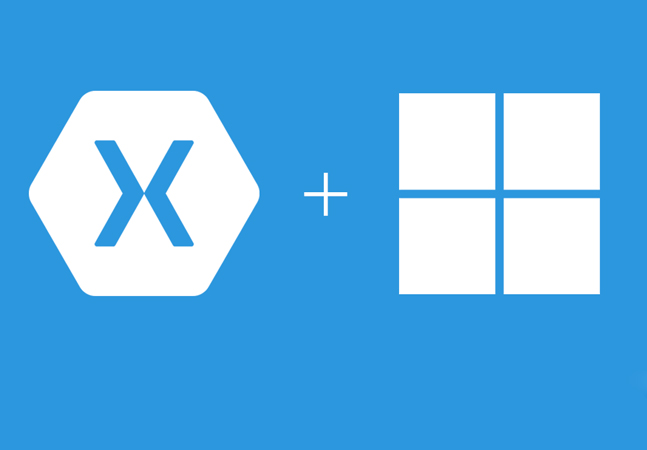
Third-party dev tool specialist Progress announced an update to its .NET-centric offerings, touting new controls for Blazor, Microsoft's red-hot project for creating web apps with C#.

Microsoft outlined its plan for Entity Framework Core 6, which in November will take its place as the data access component of the landmark .NET 6, a long-term support (LTS) release that will mark Microsoft's transition from the Windows-only .NET Framework to an open source, cross-platform umbrella offering of all things .NET.

After previously open sourcing components of its Porting Assistant for .NET, Amazon Web Services open sourced the tool's GUI.

.NET Core placed high in a web-dominated ranking of development frameworks published by CodinGame, which provides a tech hiring platform.

Culled from reams of Microsoft documentation, here's a high-level summary of what's new for performance, networking, diagnostics and more, along with links to the nitty-gritty details for those wanting to dig in more.

By lifting WinRT projections for C# out of the compiler and the runtime Microsoft is enabling the use of .NET5 with XAML applications.

Infragistics announced a new update to its UI/UX components suite, declaring that the .NET-centric Windows Forms and Windows Presentation Foundation (WPF) components are compatible with .NET 5, Microsoft's open source and cross-platform evolution of the old Windows-only .NET Framework.

Microsoft announced Xamarin.Forms 5.0, a major release chock full of new functionality and features, but no official support for Visual Studio 2017.

Blazor's Virtualize component will let you display long lists faster without writing a lot of code. If you want to take full advantage of the component, however, you'll need a relatively smart repository to back it up.

Microsoft's Xamarin team detailed what's coming up for MAUI, the evolution of Xamarin.Forms that will see the company take the open source, cross-platform framework for building native UIs for iOS and Android into the desktop arena -- but not to Linux.

While Microsoft and community developers have improved desktop dev tooling in .NET 5 and new open source implementations, the tech hasn't translated easily from the Windows-only .NET Framework, and catch-up efforts planned for next year's .NET 6 include high DPI support for one troublesome project, Windows Forms.

In the "IDE" section of the "Visual Studio" section of Microsoft's Developer Community site, the No. 1 feature request -- as measured by community votes -- is "Visual Studio for Linux."

Microsoft shipped Visual Studio 2019 v16.9 Preview 2 while issuing New Year wishes toward the end of "this unpredictable year" that saw the milestone .NET 5 arrive incomplete from the original vision because of tricky problems and pandemic-caused delays but nevertheless saw Visual Studio versions churned out at a steady pace.

TypeScript popularity surged in GitHub's annual Octoverse report, one of the most comprehensive developer-oriented studies in the industry, focusing on the open source dev space.

Stack Overflow probably isn't worried, but Microsoft has launched its own Q&A site for all things .NET, seeking to provide a one-stop-shop for getting .NET technical questions answered by the community.

Since shipping .NET 5, Visual Studio 2019 v16.8 and more goodies recently, Microsoft has been touting speed improvements in many components -- including the red-hot Blazor project -- but some real-world developers are finding different results.

Google Cloud Functions -- often used for serverless, event-driven projects -- now supports .NET, but the new support is a release behind Microsoft's latest .NET offering.

With the milestone .NET 5 and Visual Studio 2019 v16.8 releases now out, Microsoft is reminding Visual Basic coders that their favorite programming language enjoys full support and the troublesome Windows Forms Designer is even complete -- almost.

Microsoft is continuing to crow about .NET productivity and speed gains in Visual Studio 2019 following last week's mass shipments of .NET 5, Visual Studio 2019 v16.8 and more.

Microsoft released preview 3 of WinUI 3, the latest iteration of the company's native UI platform, which features support for ARM64, a live visual tree, hot reload and much more.